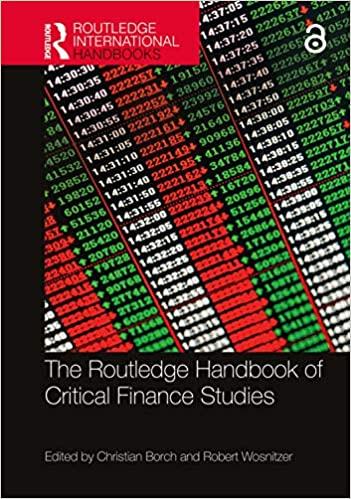1) You have been out of school and gainfully employed for 5 years. You have three alternatives available for investment with your own money. Each has some element of risk, although some are safer than others. Following is a summary of the alternatives, the risks, and the returns: Alternative You Invest,S $100 $100 Chance of Returned to You If Success, S $110.79 Chance of Failure Returned to You Success If Failure, $ $95.00 $50.00 95% 5% 60% $150.00 40% $100 20% 80% $10.00 $510.00 a) Which would you select? b) Why would you make this selection? c) Of the systematic economic analysis technique's seven steps, which one(s) is well illustrated by this problem? 2) A study made in the assembly department of a small electronics manufacturing fim revealed that workers typically produce 100 to 150 assemblies in an 8-hour workday. For simplicity, assume the production rates are 100, 125, or 150 units per day. If 100 units are average of 3 percent are rejected. When 125 units are produced, an average of 8 percent are rejected. At the 150 units/day rate, 20 percent are are $5.50 and are rejected units are worthless scrap. Workers are assembly produced, an rejected. The total material costs per unit paid $1.40 per acceptable a) What is the preferred production rate from the worker's point of view? b) Which production rate results in the lowest unit cost per acceptable unit for the company? 3) The process engineer at Strowbridge Metal Works has the chance of machining a particular part on either of two machines. Orders for this part are received regularly, but the order size varies. When the order is processed on Machine A, four sequential setup operations of 1 hour each are order is processed required. Once set up, the machining time per unit is 0.55 hours. The hourly wage rates for the operators are $20 and $18 for Machine A and Machine B respectively. The hourly overhead rates, including setup time, are $30 and $27 for Machine A and Machine B respectively required. Once set up, the machining time is 0.50 hours per unit. When the on Machine B, cight sequential setup operations of 0.75 hours each are a) Which machine is preferred if the order size is 100 units? b) Which machine is preferred if the order size is 500 units? c) What is the breakdown order size? BC







